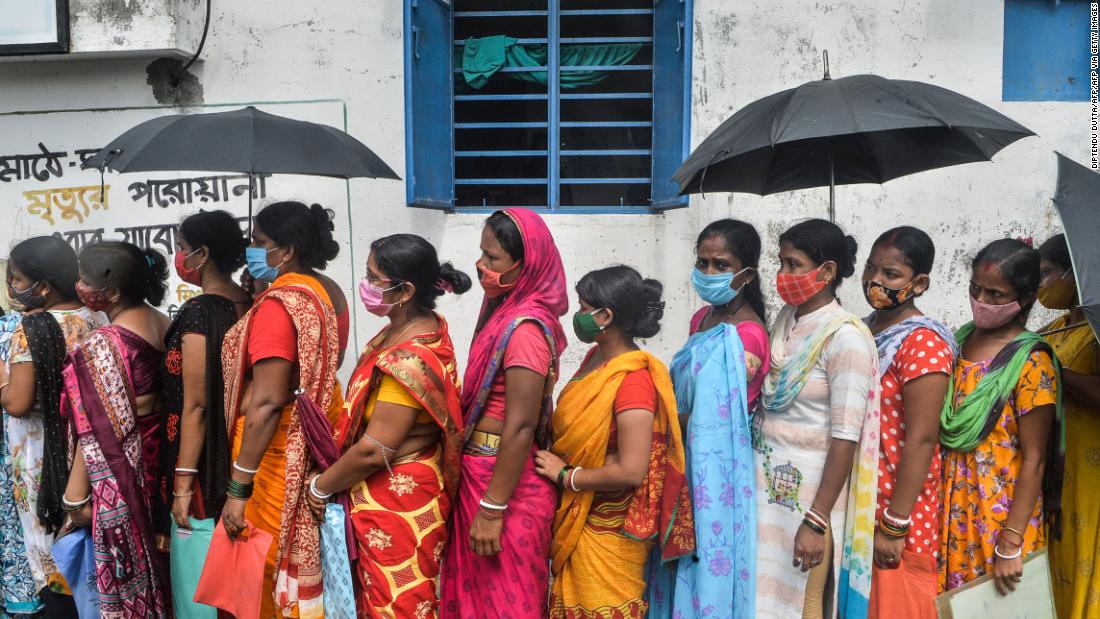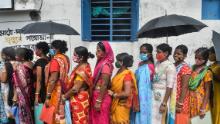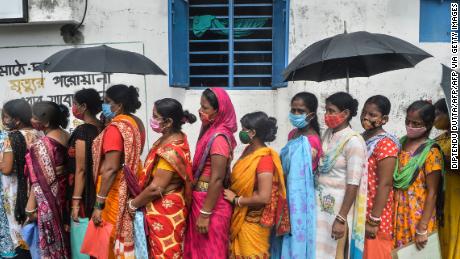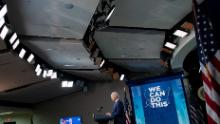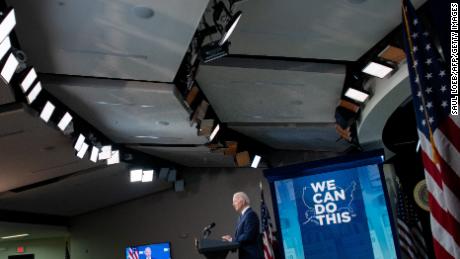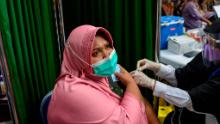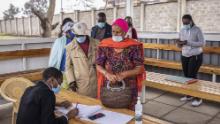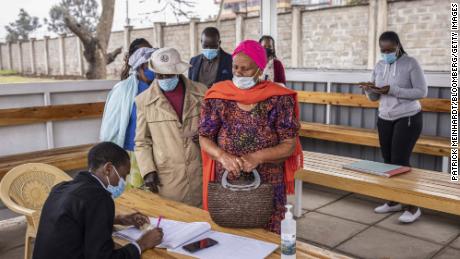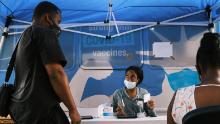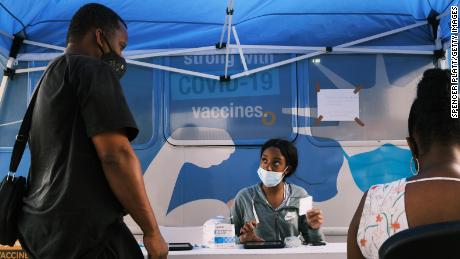Meanwhile, around the world, hundreds of millions of people are still waiting to receive their first dose of a coronavirus vaccine and the prospect of widespread immunity feels like a pipe dream.
“I understand the concern of all governments to protect their people from the Delta variant. But we cannot accept countries that have already used most of the global supply of vaccines using even more of it, while the world’s most vulnerable people remain unprotected,” Tedros said.
“We need an urgent reversal, from the majority of vaccines going to high-income countries, to the majority going to low-income countries,” Tedros said, calling on leaders from the Group of 20, which includes the US and EU, to do more to improve access globally.
Germany and France have disregarded the appeal, saying they would press ahead with plans to administer boosters to the vulnerable while simultaneously fulfilling their philanthropic pledges, but it is unclear whether they, or any other country, have the capacity or the will to deliver on both.
Andrea Taylor, assistant director of programs at Duke University’s Global Health Innovation Center, told CNN that prioritizing booster shots over ending global transmission would put everyone, including people in high-income countries, in a more dangerous position.
“If countries like Germany, like the US, like the UK choose to roll out booster shots before we have ensured that all communities worldwide have access to the first two doses of the vaccine, we’re not really solving the problem … It’s a little bit like putting a Band-Aid over a gaping hole,” said Taylor, who is leading research looking at global vaccine distribution at Duke.
“Just as we saw in South Asia, when there was uncontrolled transmission and the Delta variant really took off, there isn’t anything to prevent that happening right now on the continent of Africa. And so, it’s very likely that we could end up in a situation where we have even more dangerous, more transmissible, more infectious variants coming out of the spread that we are currently seeing in Africa.”
Of the four major regions producing vaccines at a massive scale — the US, EU, India and China — the EU has exported the least, and that is even after India cut off exports following its deadly Delta-driven wave, Taylor said.
While the EU has made big pledges, it has been difficult to track its follow-through on donations. Even the European Commission’s vice president has said the bloc is coming up woefully short on the 200 million doses it promised to deliver by the end of the year.
A commission spokesperson told CNN that as of August 2, the EU had donated 7.1 million doses to partner countries, including 1.59 million through COVAX, the WHO-led vaccine sharing program. “We are confident that member states will do their utmost to reach the 200 million doses pledge,” the spokesperson added, shifting the onus of fulfilling that promise onto each of the 27 countries in the bloc.
WHO and other public health agencies argue that no one is safe until everyone is safe because the longer the coronavirus circulates unchecked, the greater the chance becomes of new variants emerging — potentially one that is resistant to vaccines — and prolonging the threat to the world. In spite of this, the West has continued to focus its attention on the “vaccine race” and frame the finish line of the pandemic as a domestic issue, rather than an international one.
The US and the EU last week hailed 70% of adults receiving at least one dose. In stark contrast, less than 4% of people in Africa have been partially vaccinated — about 50 million people of a population of over 1.3 billion.
“It’s completely absurd that at this point in the pandemic it is newsworthy that a plane with vaccine doses lands in Africa. I think that alone really indicates the disparities that we are up against here,” Taylor, the Duke researcher, said.
Over the same period, a handful of European governments, including France, Germany, and Greece, started to deploy requirements of their own, and with some success — the announcement of a French vaccine pass granting entry to museums, theaters, cafes and other venues saw reservations for vaccinations jump to record levels, raising hopes that changing attitudes is possible.
For Maureen Kelley, a member of WHO’s ethics committee for Covid-19 research, the idea that the US would have to dangle incentives to convince people to get vaccinated verges on the obscene, when people are so desperate to get doses elsewhere.
“To think that the fight in the US is against vaccine hesitancy … there is something really perverse about that when you have health care workers who can’t get access to a first vaccine and are caring for Covid patients” in poorer countries, Kelley said.
Kelley said that if wealthier nations with adequate vaccine coverage aren’t swayed to share more doses by the ethical arguments of fairness and equity, hopefully they can be persuaded by the threat of future variants looming beyond their borders.
“It’s just willful ignorance to think that they’re not going to come back to haunt wealthier countries,” she said.
CNN’s James Frater contributed to this report.

